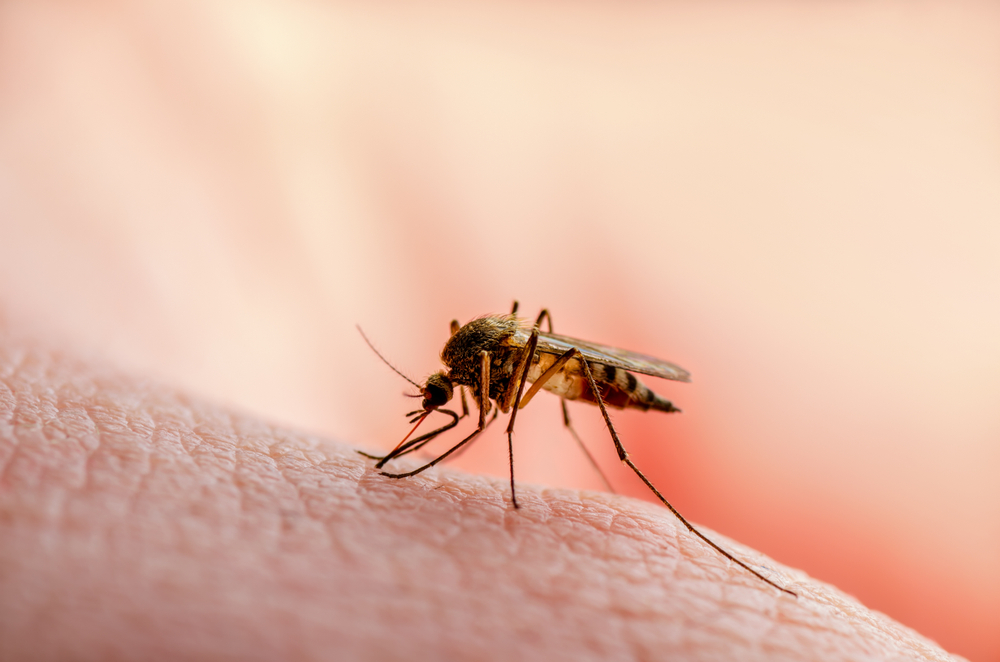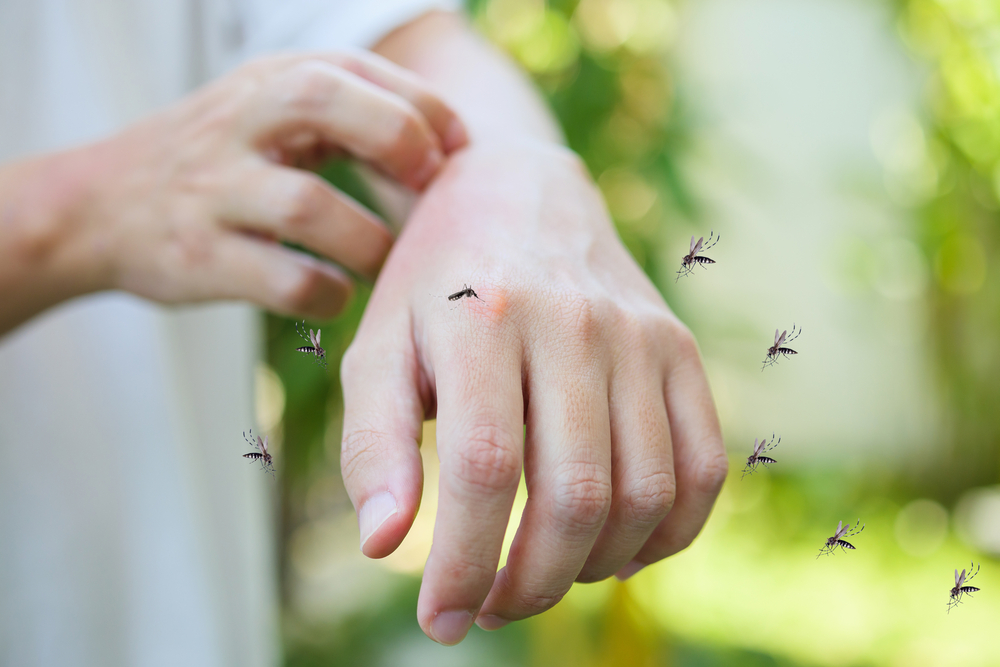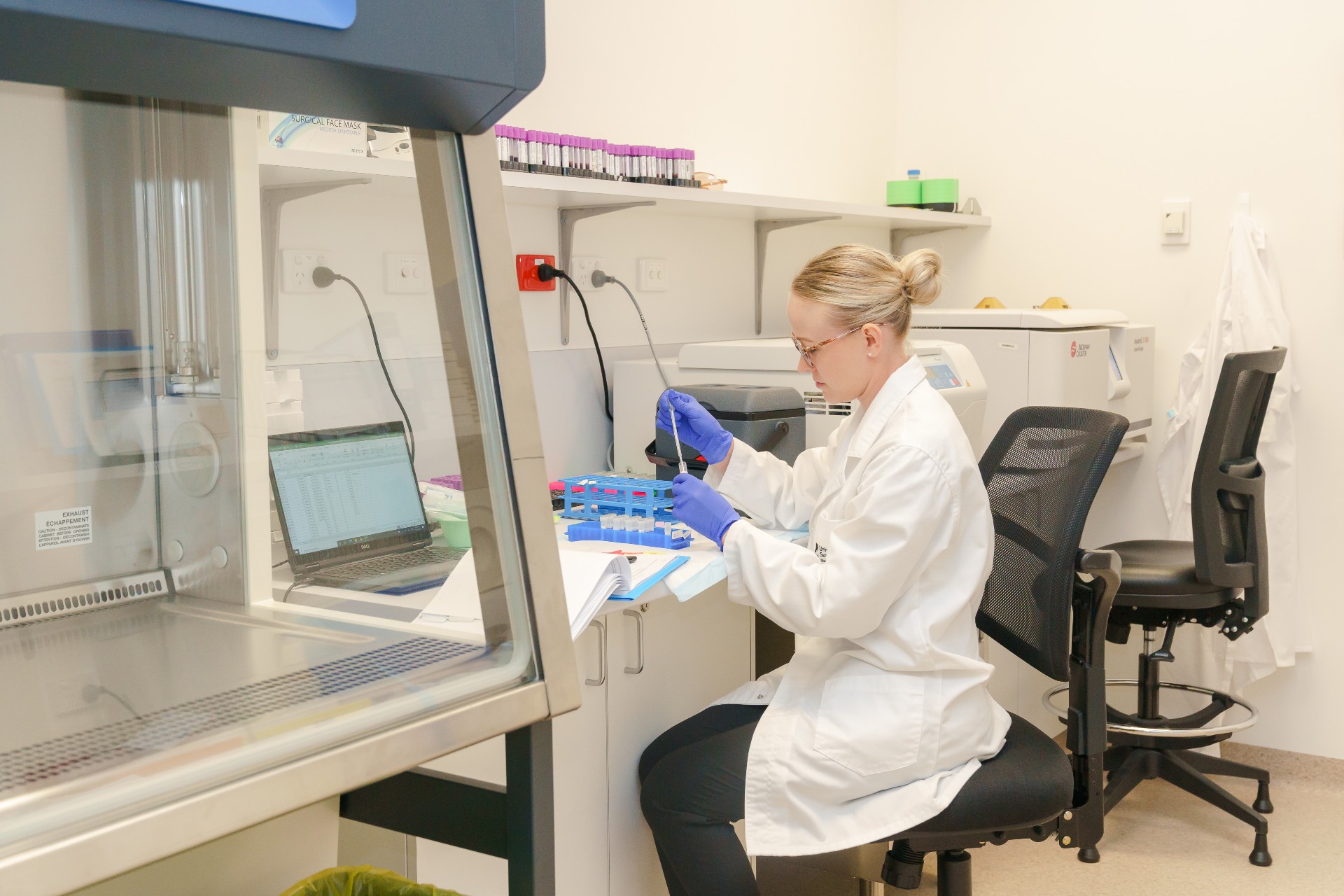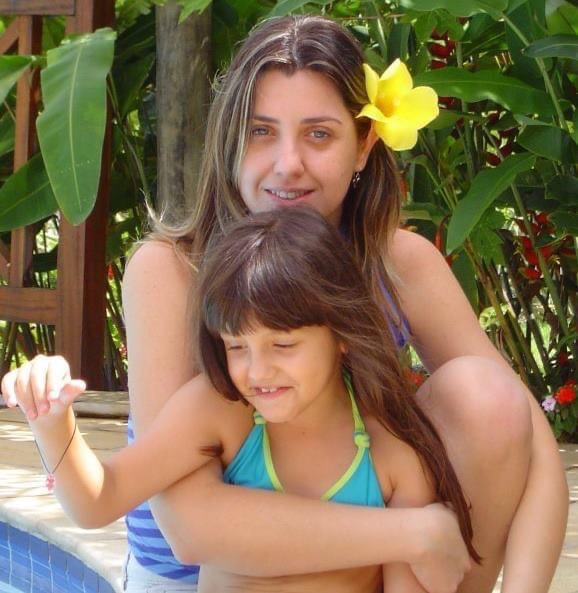Cristina Storrer is one of the few people living on the Sunshine Coast to have experienced the dreaded dengue fever – thankfully she didn’t contract it locally.
The Sunshine Coast resident is sharing her story ahead of the second round of trials to seek a potential preventative vaccine kicks off at the University of the Sunshine Coast.
Ms Storrer said catching dengue fever was the worst illness she has ever experienced, even trumping COVID.
“It was the one disease experience that just dropped me down,” she said.
“I lost eight kilograms in 10 days. I was so dehydrated – I couldn’t eat anything.”
Her other symptoms included fatigue, body aches, tiredness, a burning fever and a rash.
The Birtinya resident contracted the virus after being bitten by a mosquito at the beach in São Paulo North Shore in her homeland of Brazil, 15 years ago.

“After about 10 days, I started feeling very tired, body aches and was sleepy at first,” she said.
She was so tired, Ms Storrer said she fell asleep driving while driving home from work. Luckily, her car was stopped at that moment.
“Everyone was looking for me because they thought I was missing,” she said.
“It was that bad – I just disappeared.”
Thankfully, Ms Storrer was fully recovered in two weeks, but admitted she was worried about contracting the disease again.

“The doctors said if I get it again it can cause internal bleeding,” she said. “It’s awful, honestly the worst thing I’ve ever had.”
With phase two trials of a potential new vaccine for the disease starting soon, Ms Storrer said she wished there had of been a preventative vaccine back then.
“I really welcome a vaccine for this disease so others won’t have to go through what I did,” she said.
The trial of the vaccine will be held at UniSC Clinical Trials sites at Morayfield, Sippy Downs and South Bank.
Clinical trial investigators are seeking up to 120 healthy people to participate in the trails at USC Clinical Trials sites at South Bank in Brisbane, Sippy Downs on the Sunshine Coast and Morayfield in Moreton Bay.
In Australia, the mosquito-borne illness usually strikes people in the North and central areas, but scientists investigating the potential preventative vaccine say that could change.
UniSC Clinical Trials Investigator Dr Rob Scott said as global temperature increase, they expect to see dengue cases further and further south as mosquito populations move.
“Australia sees a lot of travellers go to places like Thailand, Indonesia and Malaysia, so a lot people who are diagnosed in Australia are returning travellers,” Dr Scott said.
“Although most cases are mild to moderate, the global death rate is 1 percent with good supportive care so that still leads to tens of thousands of deaths per year.
“Severe dengue is horrific… you can get flu-like symptoms, joint, bone and muscle pain, and bleeding problems.”
He said by participating in the trails, people would be helping to consolidate more than 30 years of research in dengue fever vaccination, and helping towards a solution for a virus that causes hundreds of millions of cases per year.

Up to four billion people living in tropical and subtropical countries are at risk of being infected by dengue viruses.
Each year, approximately 390 million people are infected with dengue disease, causing an estimated 96 million symptomatic cases.
UniSC Clinical Trials Principal Investigator Dr Nischal Sahai will oversee the trial at the South Bank clinic in Brisbane.
“There are four dengue virus types, meaning it is possible to be infected four times,” Dr Sahai said.
“The purpose of this study is to see how effective a single dose of this study vaccine will be at preventing disease from all four dengue virus types.
“We’re looking for healthy volunteers aged between 18 and 50 years who can commit to up to six in-person visits and two telephone visits over 12 months.”
Eligible participants will be paid for their time in the study. Those interested in volunteering can find more information at www.usc.edu.au/trials.
SUBSCRIBE here now for our FREE news feed, direct to your inbox daily!





